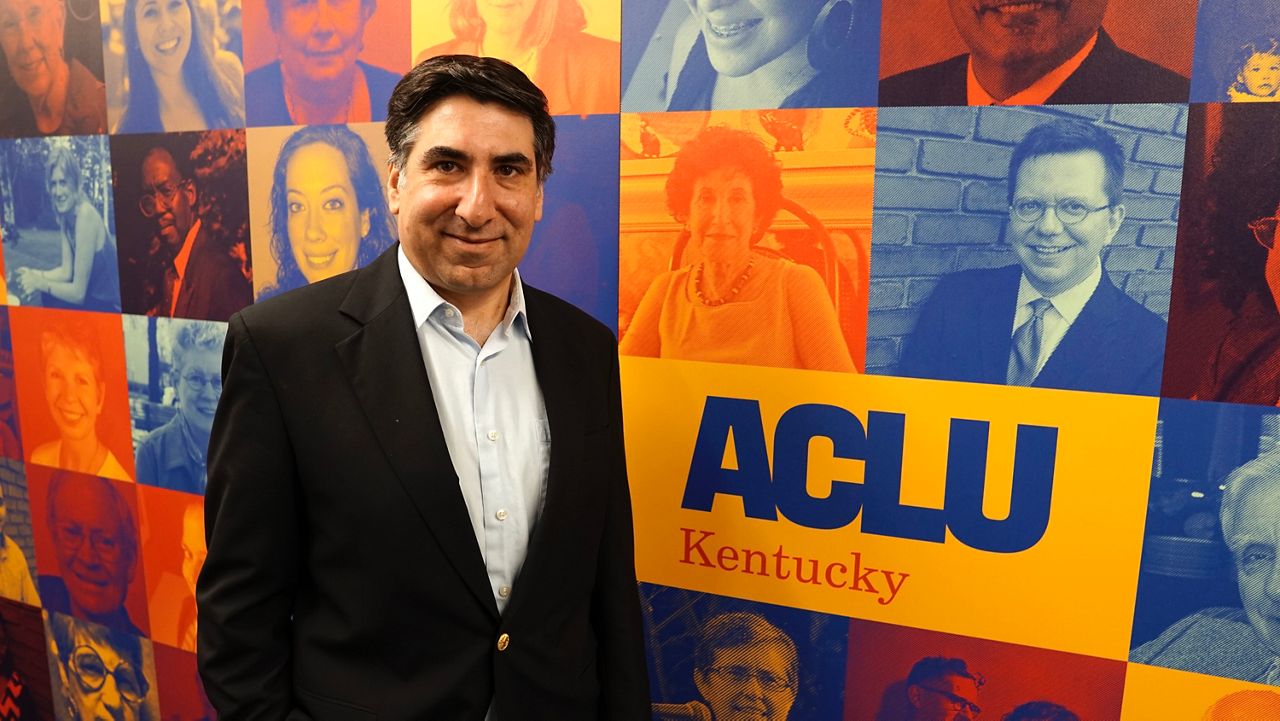LOUISVILLE, Ky. — Nearly two years after a scathing report from the Department of Justice into the practices of Louisville Metro Police, the city and DOJ have agreed to the terms of a consent decree.
It outlines several areas of improvement for Louisville police, and a timeline for its implementation.
“It’s 240 pages, because there have been so many problems with LMPD and what stands out is that this is an attempt to rectify those problems, and if the city acts appropriately and acts accordingly, hopefully those problems will be resolved,” Corey Shapiro, legal director for the ACLU of Kentucky said.
Shapiro, like many people, is still combing through the 200-plus page agreement. One area he says is significant is concerning the independent monitor.
This is the person who will keep tabs on if changes are being implemented.
Shapiro says monitors are common with consent decrees.

“And what they will be doing will be reporting to the court to let the court know whether LMPD and the city are in compliance with the benchmarks that are being set in the consent decree,” he explained.
Nearly $1.5 million annually will be set aside to pay this monitor. Shapiro believes it will probably go to a team of people who have a background in this kind of work.
In Baltimore, which entered into a consent decree in 2015, a monitoring team of at least 15 people was established.
Louisville leaders and the DOJ will soon begin selecting a monitor.
“It is clear that whatever LMPD is doing to monitor itself has not worked, and we need something different,” Shapiro stated.
On Thursday, Louisville Mayor Craig Greenberg, D- Louisville, said LMPD has moved toward making some changes laid out in the consent decree. One example, the expansion of a diversion program that sends mental health professionals to certain 911 calls in place of officers.
“We will be watching and we’ll be making sure that that commitment is upheld,” Shapiro said.
Greenberg believes all aspects of the consent decree should be implemented within five years.



